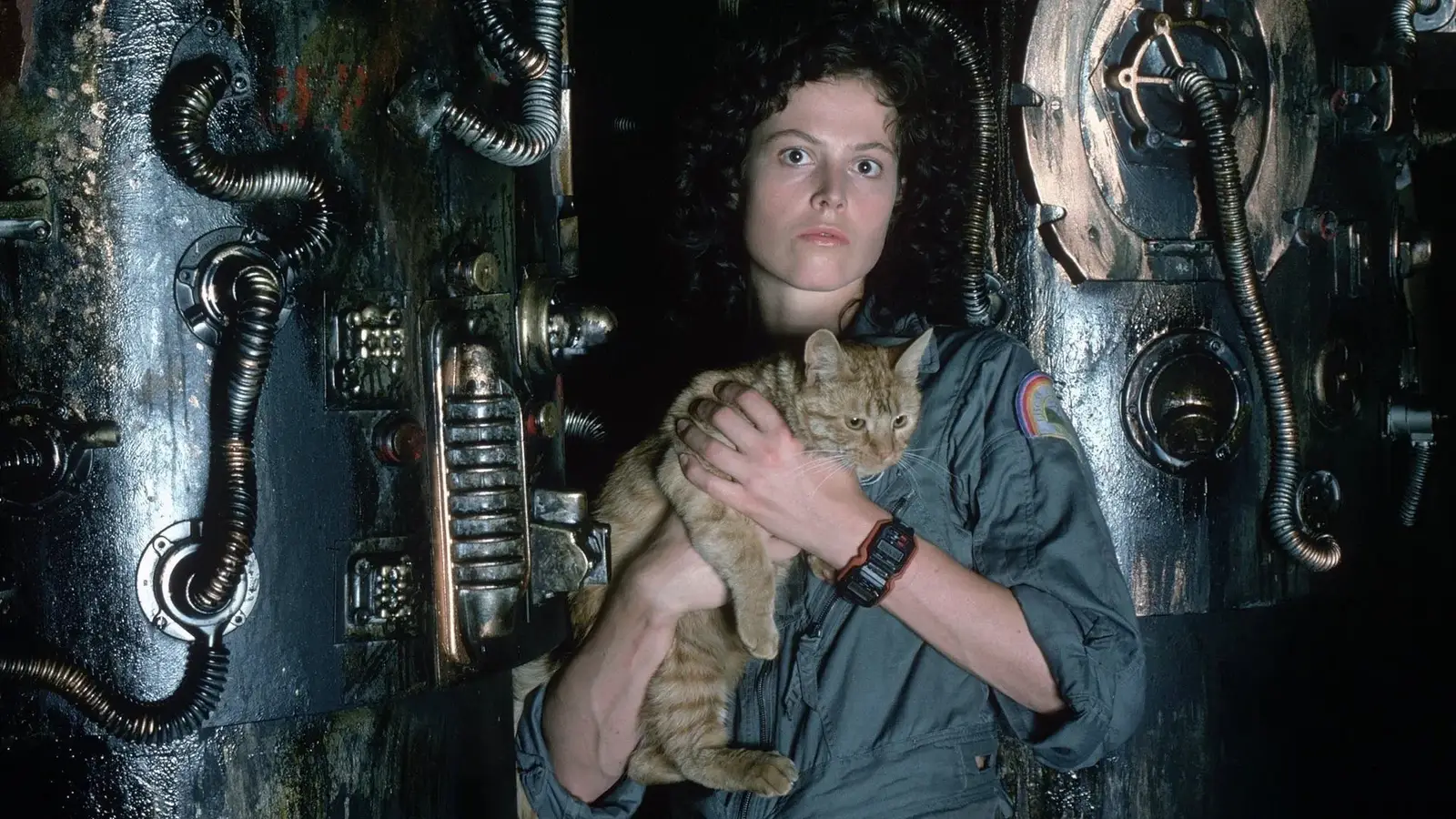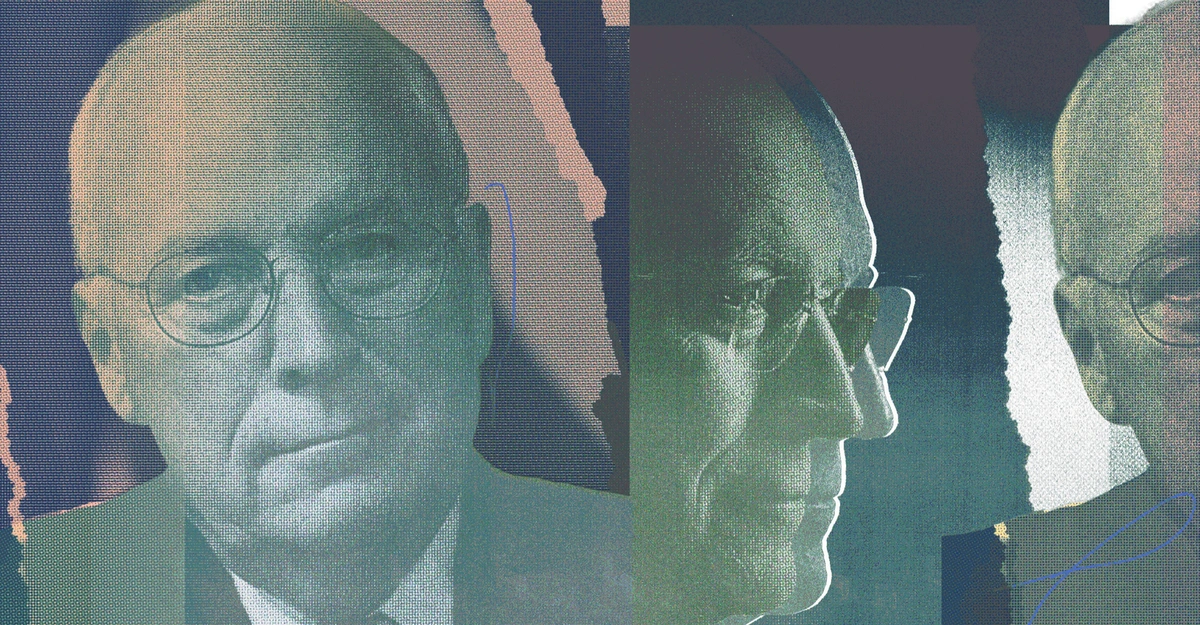Copyright Screen Rant

With sci-fi traditionally being a male-dominated genre, Sigourney Weaver's Ripley changed the game for female characters. It could, however, be argued that the first sci-fi movie hero, introduced over 50 years prior, was a female character. Released in 1979, Alien perfectly subverted expectations. Ridley Scott's movie begins as an ensemble piece before the Nostromo's crew members drop one-by-one and leave Ripley as the undisputed lead - a role Weaver would carry into another three Alien movies. It's difficult to overstate the impact of Ripley as a character, and especially as a female hero in a '70s sci-fi movie. Weaver spearheaded a much-needed change, the influence of which can still be felt today, both within the Alien franchise itself (Rain in Alien: Romulus) and beyond (Katee Sackhoff's Starbuck in Battlestar Galactica). Ripley's blend of no-nonsense badassery combined with her innate empathy and cunning intellect immediately established her as one of sci-fi's greatest heroes. Ripley's greatest asset was how she adapted to the xenomorph threat without compromising her moral values, and the same qualities can be found within the first true hero of the genre. Metropolis' Maria: The First Hero Of Sci-Fi Movies As the first feature-length sci-fi movie, Metropolis' protagonist can rightfully claim to be the genre's first true hero. Many would point to the main male character, Freder Fredersen, as occupying that role, but Brigitte Helm's Maria proves equally important in saving Metropolis from ruin, perhaps even more so. Maria primarily serves as the figurehead of a class rebellion throughout Metropolis - a leader the male workers look toward for instruction and hope. Her intelligence and kindness underpin this authoritative influence over society, but Maria also demonstrates herself to be a woman of action in Metropolis' finale. As the underground city floods, Maria ascends a control platform and desperately attempts to throw two stubborn levers to halt the water. The image of Maria raised above the city against an apocalyptic backdrop of flooding and destruction, straining to move the twin levers, has the kind of epic all-action quality one would expect a big-budget sci-fi movie to afford its main hero. It's a scene of grit and physicality, not especially common with female characters of Metropolis' era. Through much of Metropolis, Freder Fredersen is a bit useless, his privilege standing in the way of an ability to affect genuine change. He figures it out in the end, but it's easy to view Maria as the more reliable of the two - the one you'd want in your corner during a crisis. Sure enough, it's this quality that cements Maria's status as the first true hero of sci-fi cinema. Why Metropolis Can't Be Considered A Feminist Movie Maria is certainly a heroic character, and it's true that Metropolis depicts her in ways that were progressive for the time. She's a political revolutionary who makes invaluable contributions to "saving the day," which is more than some modern movies manage with female characters. Overall, however, Metropolis is more conservative than progressive in its gender politics. Maria is based upon the biblical ideal of motherhood (see the name), so her character largely revolves around that stereotypical societal role. Even when she's working the levers in Metropolis' finale, it's the city's children Maria is saving. When Maria's robotic clone appears, its presentation as a Babylon-esque temptress acts as a tacit warning against sexually-liberated women. In terms of female characters more broadly, the most significant after Maria (Hel) doesn't even appear onscreen. Any women spotted in the background are either mothers or objects of desire.



